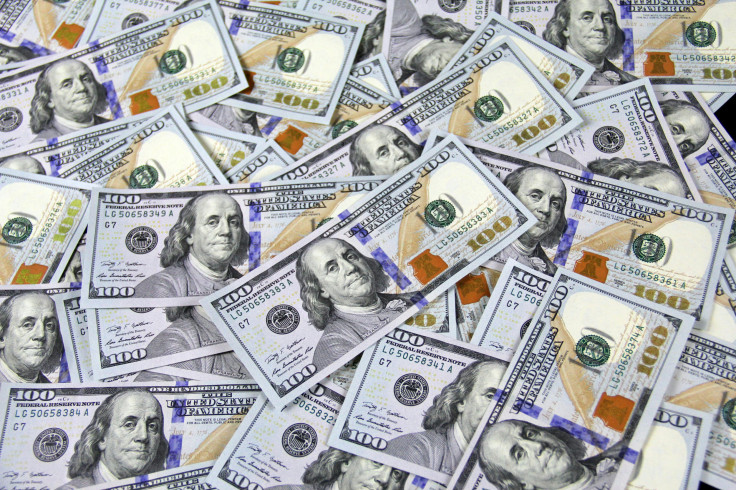
More than 9 million minimum wage workers across the U.S. will get a raise as soon as Jan. 1, as the minimum wage is set to rise across 21 states and 48 cities and counties, according to a new analysis.
The reason for the increases are different across the country. For instance, state laws that index the minimum wage to inflation are behind 13 of the January increases, according to the Economic Policy Institute, or EPI, a nonprofit think tank. Likewise, legislation spurred the coming pay hikes in six states, while ballot measures ushered in wage gains in two.
Nearly one in five of the more than 9.2 million impacted workers reside in households who live below the poverty line. Nearly half, or almost 49% have family incomes below twice the poverty line, EPI estimates.
The raises come despite the federal minimum wage not raising since 2009, when Congress approved to bring it to $7.25 an hour. Since then, many states and localities have taken matters into their own hands. Now only 20 states adhere to the federal minimum wage, Axios details.
19 of those states went for President-elect Donald Trump, as NBC's Kristen Welker recently pointed out.
Trump said that although $7.25 an hour was "a very low number," he didn't know what the appropriate minimum wage would be because the cost of living varies so much by region. That's how the issue has effectively sorted itself out in the U.S. The areas with a higher cost of living now do have higher minimum wages, Axios reports.
Among the states that will be experiencing the raise is New York. New Yorkers earning minimum wage will earn an additional $0.50 per hour starting on January 1, 2025. The Empire State's minimum wage will increase to $16.50-per-hour in New York City, Westchester, and Long Island, and $15.50-per-hour for the rest of the state.
The minimum wage is scheduled to increase by another $0.50 in 2026 and then increase annually starting in 2027 at a rate determined by the Consumer Price Index for Urban Wage Earners and Clerical Workers (CPI-W) for the Northeast Region. The adjustment is also part of Gov. Kathy Hochul's multiyear agreement with the New York State Legislature to index the minimum wage to inflation.
New Jersey's statewide minimum wage will increase $0.36 to $15.49 per hour for most employees, effective Jan. 1. That comes after the minimum wage had already increased at the beginning of 2024 for most employees, at $15.13.
California's minimum wage will also be rising to $16.50, with several cities going higher, including in pricey Silicon Valley spots like Mountain View ($19.20) and Cupertino ($18.20). Washington State will also rise to $16.66, but large employers in Seattle's King County pay at least $20.29.
Nevertheless, higher wages will also increase in red states. Pay is rising to $14.70 in Arizona, $10.55 in Montana, $13.50 in Nebraska and $10.70 in Ohio. A few states are raising pay later in the year. Florida's minimum wage will go up to $14 an hour on Sept. 30.
Minimum wages will likely continue to go up as the years roll around. By 2027, nearly half of U.S. workers will live in states with at least $15 minimum wage, EPI reported.
For a closer look at all the changes happening in January, visit The National Employment Law Project website.
© 2025 Latin Times. All rights reserved. Do not reproduce without permission.




